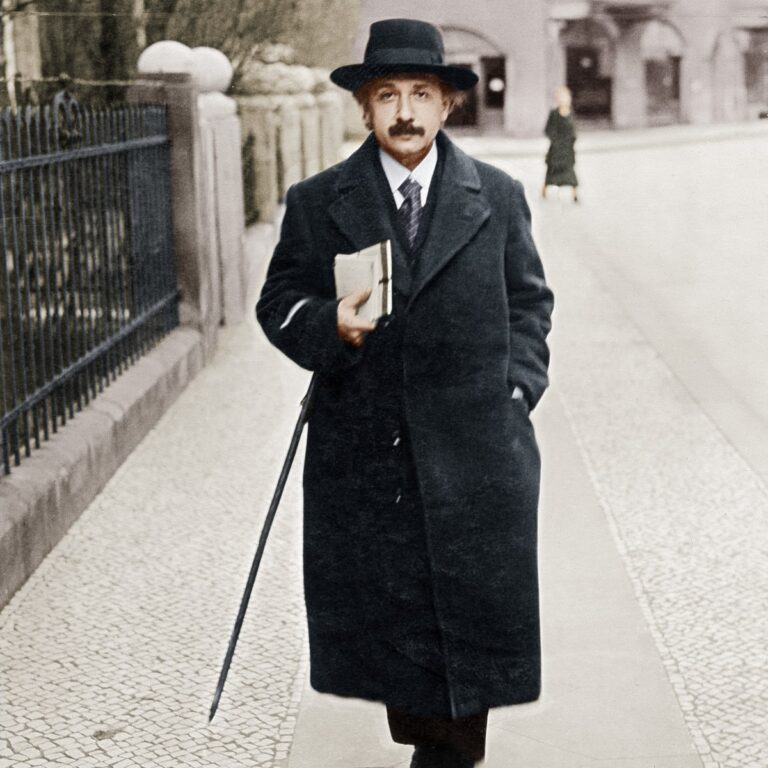Taking Quantum to the Battlefield
Forget M4 Rifles or M-16s: The Army Has a Better Way to Kill the Enemy
Selected notes ~
+ The age is fast emerging wherein forward-operating soldier sensors, weapons and networking technologies will all rely upon secure computing to perform most advanced combat tasks. While many elements of this scenario already exist in various forms, technology is progressing quickly to the point where virtually all combat systems will be cyber-reliant.
Soldier-worn computers will instantly connect target information, drone feeds and enemy tracking data – among other things. Computers and sensors are already being woven into soldier uniforms and being ergonomically engineered to accompany forces in battle for this specific purpose.
+ This presents a certain duality or paradox of great significance to future war; increased computing power, AI-enabled systems and advanced processing speeds promise to bring unprecedented advantages to combat operations – yet at the same time greater reliance upon computer networking requires sophisticated “hardening” and security technologies. Vulnerability to certain individual systems could increase if all technologies were connected to a central computer network, because an intruder would have wide-ranging access across a range of systems should initial hacking attempts be met with a measure of success.
Hull and Penny hope to present their technology as a potential solution for protecting the power grid and maintain that their encryption could withstand quantum computing attacks.
+ For instance, one recently patented technology from a firm called Encrypted Sensors is evolving an encryption technique intended to massively increase the security and efficiency of forward-operating cyber-reliant combat systems. The emerging technology, according to developers, embeds pre-programmed computer chips into the hardware itself, without needing to rely upon software for encryption. Called Field Programmable Gate Array (FPGA) technology, the quarter-sized chips are not operated like typical encryption programs which use software and Computer Processing Units (CPU) for control. vvvvv Hull and Penny hope to present their technology as a potential solution for protecting the power grid and maintain that their encryption could withstand quantum computing attacks.
Content may have been edited for style and clarity.

